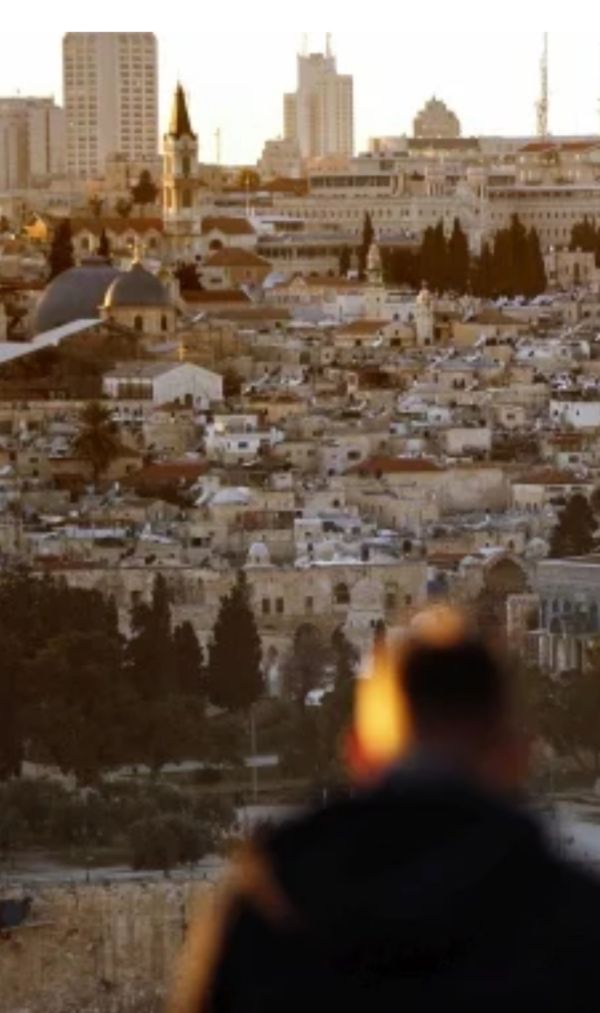End of a "sacred" order
(Lk 13:31-35)
The context in which Jesus lives is threatening: the power [even of the periphery courts of the Empire] was absolute and he did not account to anyone for the small-scale management.
But the building up of the Kingdom of God does not depend on any authorization of rapacious rulers on the territory of the provinces.
Those who want to fulfil their mission cannot satisfy the «foxes» who usurp power.
They are small and harmful situation’s parasites, but quick - even if they are not big roaring fairs as in the roman and senatorial court.
With his cunning attitude, king Herod (astute collaborationist) had managed to secure dominance for several decades, and a life without big jolts.
Each village in Palestine was manned by officials and delators of the sovereign, as well as practitioners and subordinates of the official popular religion [including the Pharisees, which Jesus sends back to the sender: v.32].
Antipas always plotted to float on situations and be at peace.
But after having deluded himself of having settled the Baptist and his school with him, here the king is again alarmed by the rise of a greater danger.
The young Rabbi spread deep confidence not in the strong, but in the weak. In this way, he was working deeply in consciences, and seemed to be able to outclass even the Prophets.
If the inspectors had rushed from the centre of power over the territory (v.31), Jesus must have made it really big. Thus demonstrating total freedom from conditioning.
Therefore, the success of his thought could have provoked disorder in the structure of the system.
But God’s messengers do not flee from risk. They do this not out of duty, but out of fidelity to themselves, and because they are attracted by a Vision that belongs to everyone: they manage to grasp and sense that the pains of childbirth will generate new Births.
In short, Jesus and his close friends live an existence marked by a kind of attraction of the Cross - out of Love that goes to the end, all the way, and does not disdain comparisons.
Jerusalem was the center of the people of God’ sons, "chosen" [only] to unfold the face of the Father.
Vocation of the holy city was not to surrender to a fox (v.32) but to become a brooding hen [v.34: properly, «hen»] that does not close but spreads wings for its little ones, gathering all the innocent.
Of course, their feeling for the fate of a homeland that lets itself go to vanities, to the ideology of power and its "advantage", embarking on the path of self-destruction, makes us weep with pain.
However - although defenestrated from his House in the holy city, as well as from the heart of those who demand only quietism - in Christ the authentic People of friends will propose themselves again (v.35) also on the path of failure.
Not colonizing the features, but in a simple way (not unilateral): inclusive; expanding the horizon and detaching from the tinsel and trappings.
Deviating from the cunning of Herod and all «foxes» (v.32).
[Thursday 30th wk. in O.T. October 31, 2024]












